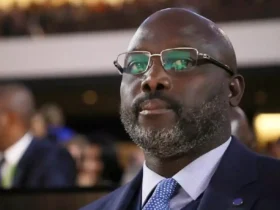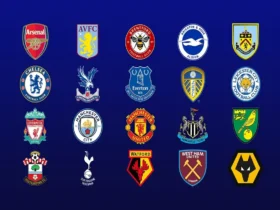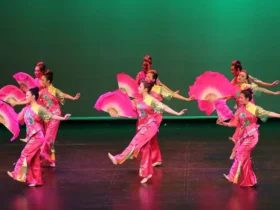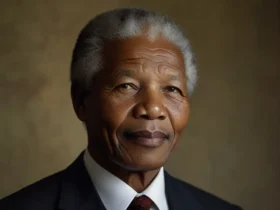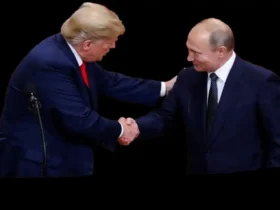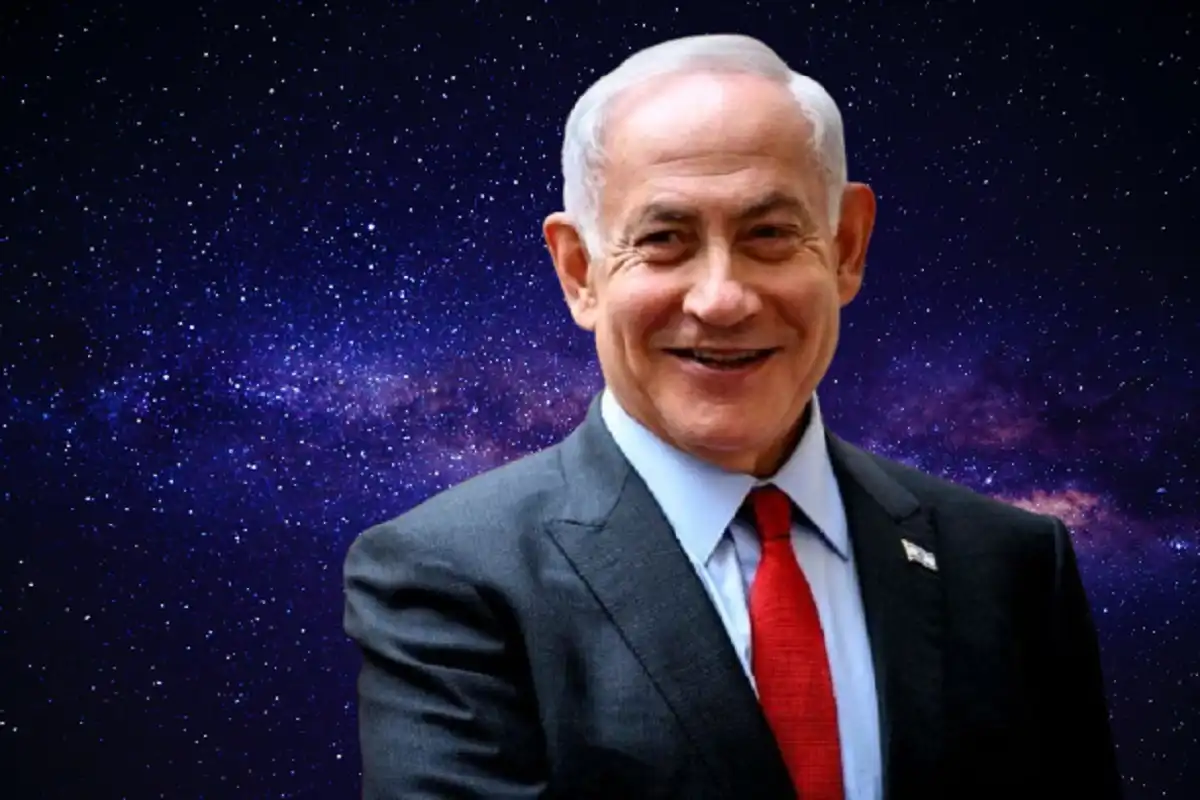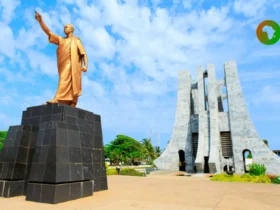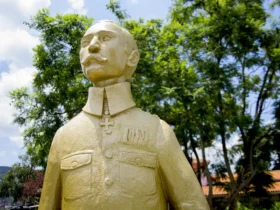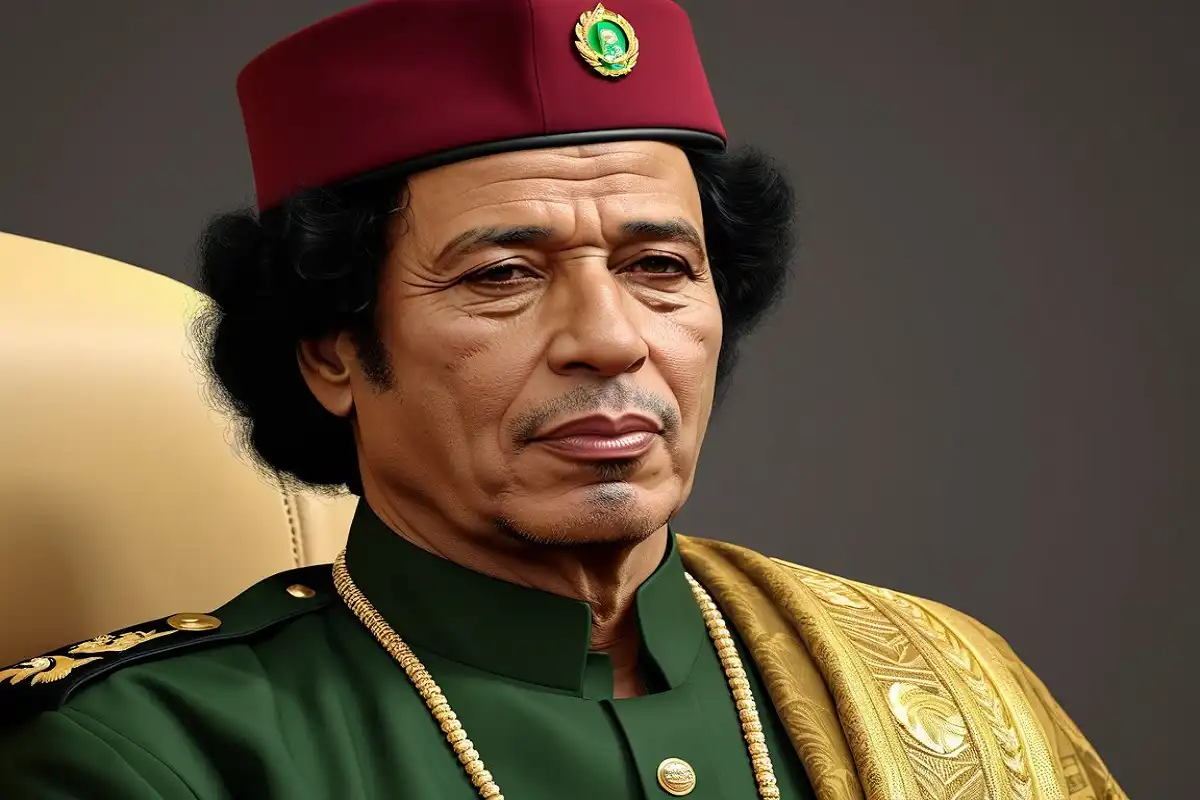The Pan-Africanist Dream
Gaddafi’s commitment to Pan-Africanism was evident throughout his 42-year rule. He believed in a united Africa, free from colonialism and external influence, advocating for a continent that could harness its resources and craft its destiny. His ideas were inspired by the founding fathers of Pan-Africanism, such as Kwame Nkrumah and Julius Nyerere, who envisioned a politically and economically unified Africa.
In 2001, Gaddafi capitalized on the chaos of the post-colonial era by proposing the African Union (AU) as a means to achieve political and economic integration. His vision entailed a single African government, a common currency, and the removal of borders that divided African nations, signifying a break from the colonial legacy. Gaddafi envisioned a robust African economy that would leverage the continent’s natural resources for the benefit of its people, rather than allowing foreign entities to dictate terms.
Football and Foreign Policy: Controversies Emerge
However, Gaddafi’s vision was not without its contradictions. While publicly championing African unity, he often operated with a keen sense of self-interest and opportunism. His relationships with various leaders were sometimes transactional, leading to accusations that his support for Pan-Africanism was largely a façade to bolster his position and influence across the continent.
Gaddafi’s financial backing of liberation movements in South Africa, Zimbabwe, and elsewhere was met with mixed reactions. On one hand, many saw him as a revolutionary hero advocating for the oppressed; on the other, detractors criticized him for attempting to impose his vision of governance and ideology on other nations. His infamous support for militant groups like the Tuareg in Mali or Hamas in the Palestinian territories added layers of complexity to his foreign policy, leading to accusations of destabilization rather than solidarity.
The Fall and Enduring Impact
Gaddafi’s grip on power began to wane in the early 2010s amid the Arab Spring, culminating in his brutal overthrow in 2011. His death marked the end of his era, but the ramifications of his vision for Africa continued to influence the continent. The political vacuum in Libya opened the door to chaos, with various factions vying for control, leading to a humanitarian crisis and escalating violence that ripple across the Mediterranean.
In the aftermath, many African nations reevaluated their stance on Gaddafi’s ideas. While some leaders continued to champion Pan-Africanism, others distanced themselves from Gaddafi’s more radical proposals. The African Union itself has had to navigate the shaky waters of unity amid national sovereignty and outside pressures, showcasing the challenges inherent in Gaddafi’s grand vision.
The Future of African Unity
Today, as Africa grapples with economic challenges, climate change, and geopolitical tensions, Gaddafi’s vision serves as a double-edged sword. The ambitions for unity resonate more than ever, but they are complicated by historical divisions, economic disparities, and differing political ideologies among African nations.
The challenge remains: Can Africa emerge as a cohesive entity that respects the rich tapestry of its cultures while also promoting collaboration and unity? Or will the legacies of leaders like Gaddafi remind us of the pitfalls of imposing singular visions on a diverse continent?
As we reflect on Gaddafi’s contributions to African discourse, one thing is clear: the quest for a unified Africa is as relevant as ever, but it must evolve beyond the controversies and conflicts of the past. The necessity for dialogue, collaboration, and respect for each nation’s sovereignty must guide the Pan-Africanist movement forward, fostering true unity in diversity.
Conclusion
Muammar Gaddafi’s vision for Africa, though marked by contradictions, sparked an essential conversation about identity, unity, and the path forward for the continent. As Africa confronts the 21st century, the lessons learned from Gaddafi’s legacy are critical. Let the pursuit for a united and prosperous Africa continue, but let it be built on a foundation of respect, dialogue, and genuine collaboration among its nations. The potential is there; it just requires a careful and mindful approach to realize Gaddafi’s dream in a way that benefits all Africans.










